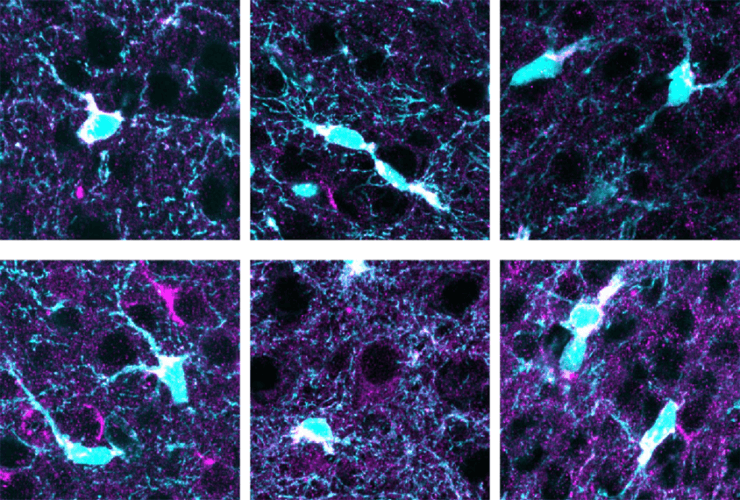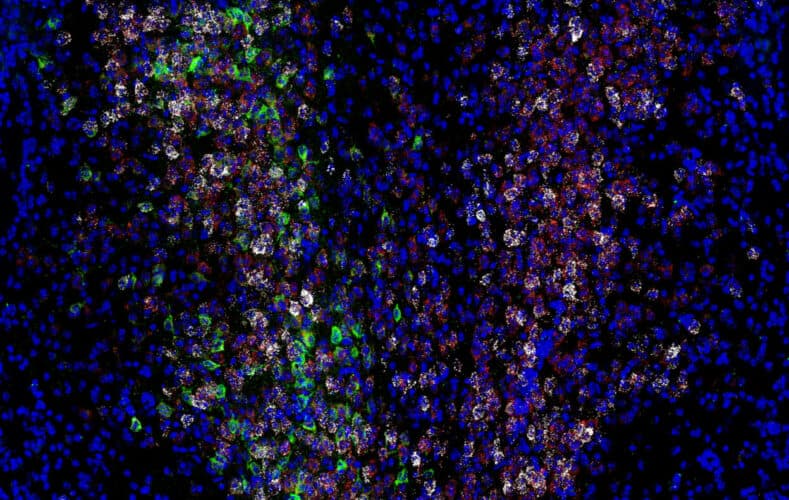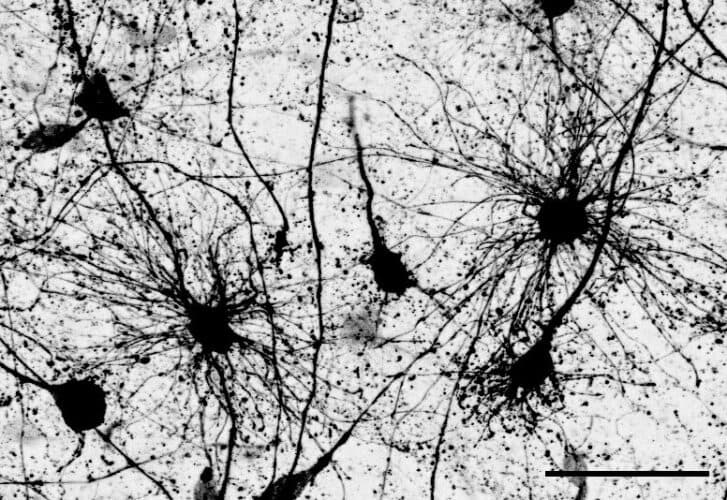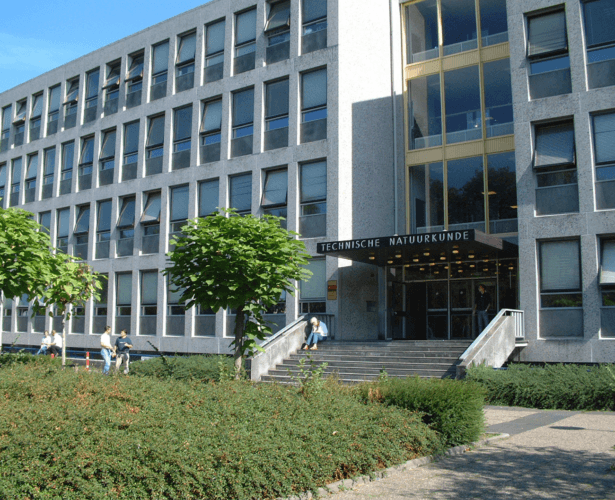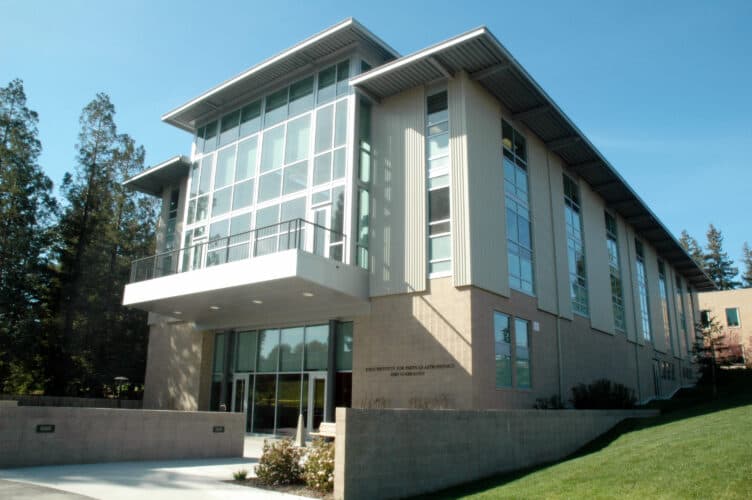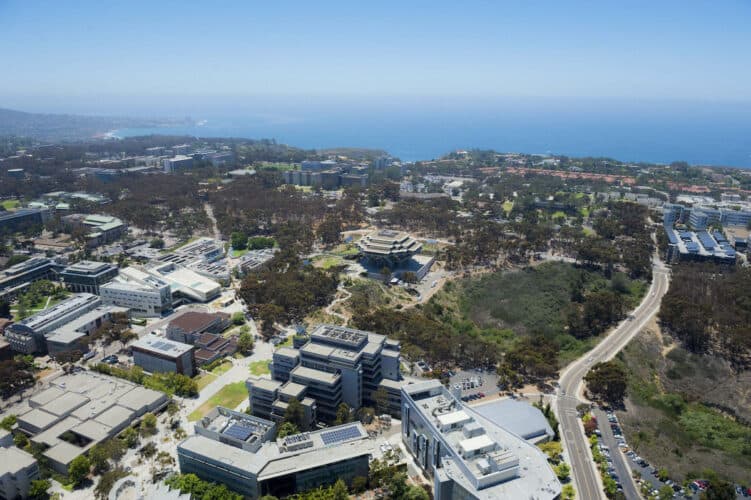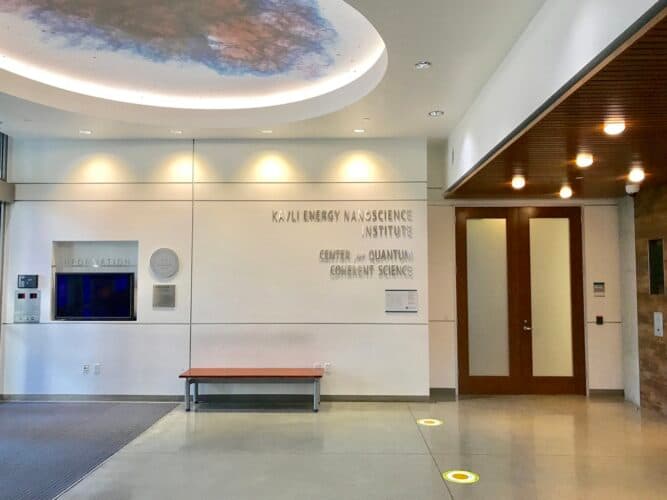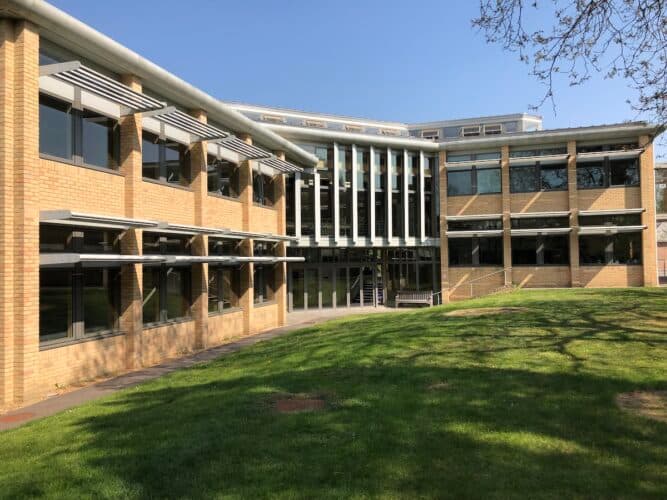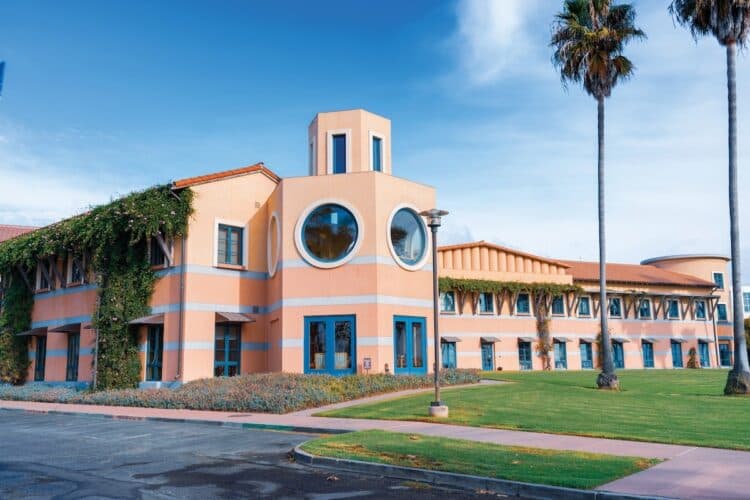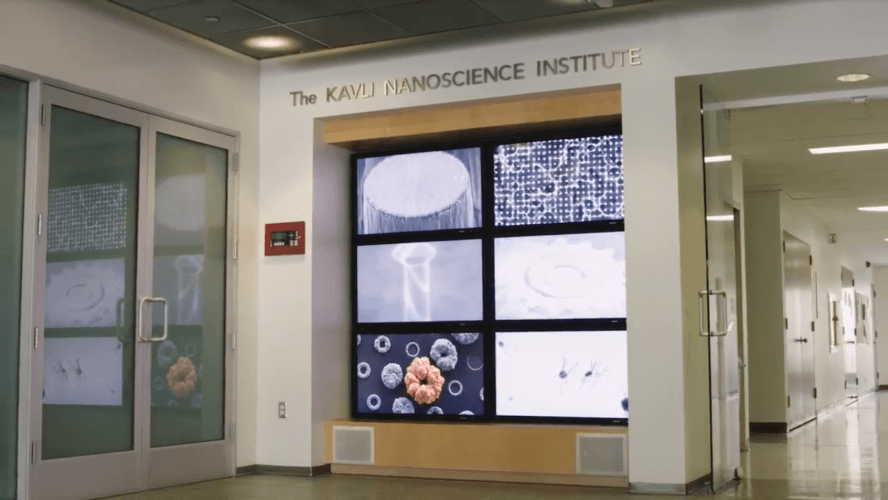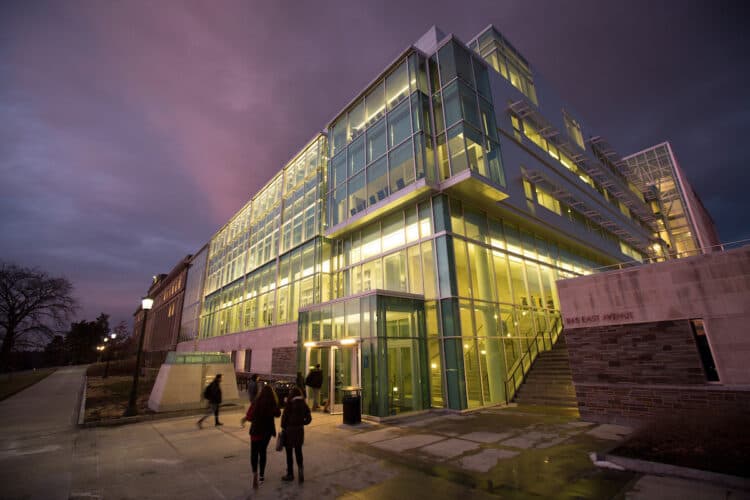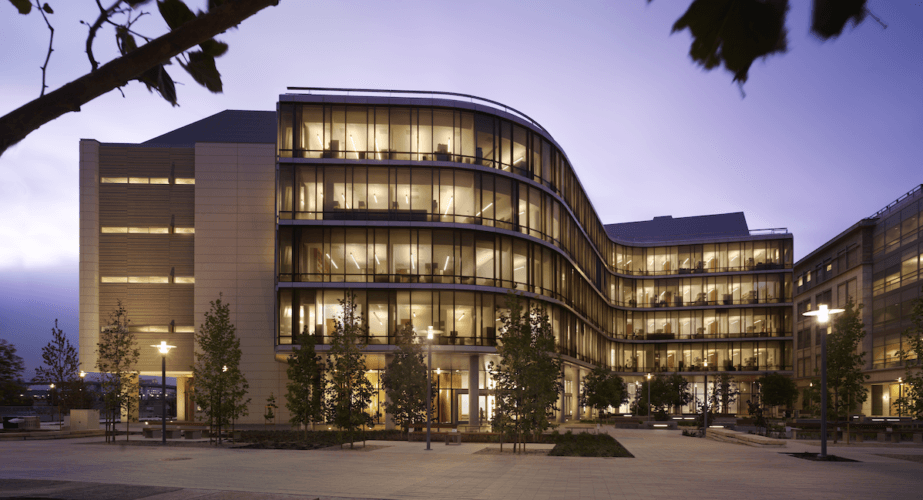
Yale UniversityKavli Institute for Neuroscience
Elucidating nervous system development and function in health and disease
The Kavli Institute for Neuroscience (KIN) focuses on developing and applying innovative approaches and state-of-the-art methodologies to the study of neural cells and systems towards increasing our understanding of the human brain. A multidisciplinary research strategy, ranging from genetics and cell biology to behavior, is used to explore the development, maintenance, and operation of synaptic connections and circuits underlying diverse neural operations – from perception, to memory, decision, and action. Central to this mission is understanding mechanisms underlying disorders of the nervous system such as those associated with neurodegenerative disease.
FOUNDED 2004
Leadership
AREAS OF INQUIRY
- How do adaptations of basic cellular mechanisms support brain function?
- How does disruption of these mechanisms result in disease?
- How do genes encode neural circuits?
- How do neural circuits develop, function, and undergo changes?
- How do neural circuits make decisions and generate behavior?
- How are neurons and circuits repaired after injury?
Astrophysics Research Highlights
Remarkable basic research in astrophysics, theoretical physics, nanoscience, and neuroscience
Dec 19, 2022
Neuroscience Research Highlights
Research highlights from Kavli Neuroscience Institutes
Sep 12, 2022
Neuroscience Profile
Incoming Director of the Kavli Institute for Neuroscience at Yale, Stephen Strittmatter looks to the future
Aug 17, 2022
Neuroscience Research Highlights
Research highlights from Kavli Neuroscience Institutes
Aug 04, 2022
Neuroscience Research Highlights
Research highlights from Kavli Neuroscience Institutes
Jul 27, 2022
More Institutes
At Kavli Institutes around the world, scientists explore the frontiers of science in the fields of astrophysics, nanoscience, neuroscience and theoretical physics.
see all institutesNeuroscience
Norwegian University of Science and Technology
Nanoscience
Delft University of Technology, Netherlands
Stanford University
Neuroscience
Rockefeller University
Neuroscience
University of California, San Diego, and the Salk Institute for Biological Studies
Nanoscience
University of California, Berkeley
Massachusetts Institute of Technology
Neuroscience
Columbia University
Astrophysics
University of Chicago
Astrophysics
Peking University-Beijing
Astrophysics
University of Cambridge
University of Tokyo
Theoretical Physics
University of California, Santa Barbara
Nanoscience
California Institute of Technology
Cornell University
Neuroscience
Johns Hopkins University
Nanoscience
University of Oxford
Theoretical Physics
University of Chinese Academy of Sciences
Neuroscience
University of California, San Francisco



